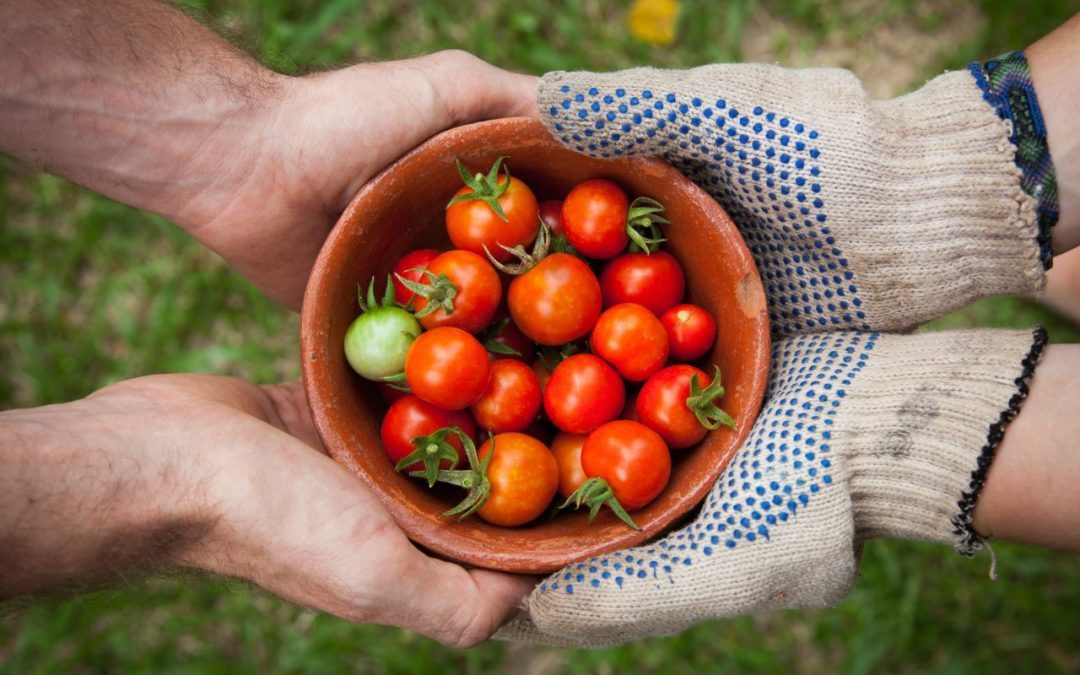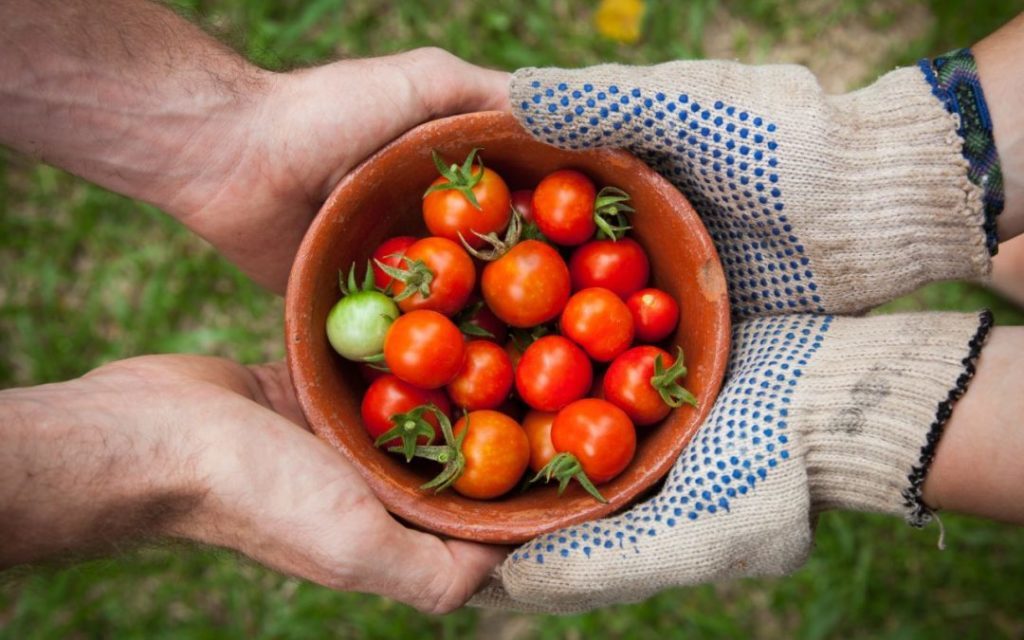In this blog post, we would like to introduce you to another ingenious sustainable concept that we can only warmly recommend. This is Solidarity Farming, also known as SoLaWi:
- Community Supported Agriculture (CSA)
- Farming together (GeLa)
- Community Supported Agriculture or Shared Agriculture (ShSA)
- Farming Together (MiLan)
As the names suggest, this concept is about solidarity and community and, of course, agriculture. The concept originated in Japan in the 1960s. It has now also been practised in Austria for almost 10 years. But what exactly is behind it?
Aim of solidarity-based agriculture
The aim of solidarity-based agriculture is to make agriculture socially sustainable and ecological, to offer economic security to small-scale farming structures and to maintain the regional food supply.
How does solidarity farming work?
In solidarity farming, (agricultural) producers and consumers together form a partnership community in which both the yields and the risks of farming are shared. With a membership fee (usually for half a season or a whole season), the consumers finance the farmers and their work and in return receive a share of the harvest or the processed products.

Advantages for all involved
Consumers:
- Get fresh, regional, seasonal and organically produced food.
- Get insight and transparency. They know where the food comes from, how it is financed and where the money goes.
- Have the possibility of co-determination.
- Can help out themselves and learn a lot in the process.
- Promote sustainable agriculture and thus contribute to a sustainable food supply.
Producers:
- Receive the support of a community and thus planning security.
- The increasing risks to agriculture due to climate change (crop failure due to weather conditions or pests) are shared.
- Have a secure income and can therefore devote themselves fully to healthy and sustainable farming.
- Suffering not and market constraints and are thus given more leeway for sustainable and experimental management.
- Are in direct contact with the consumers.
And where can I find solidarity farming?
We have done some research for you and compiled a list:
Burgenland
Lower Austria
- Ackerschoen
- Biosain
- Kraeuteregg
- Organic vegetables CSA Kamptal
- Oxheart
- Ouvertura
- Hofkollektiv Waldviertlereden
- Lebensgutmiteinander
Upper Austria
Salzburg
Styria
- Environmental Round Table Irdning
- Solawiradix
- Small farm
- Zehrfuchs
- Gelawi Murtal
- Organic farm Paradieschen
- Solako

In Vienna, you can also find this at Biohof Radl in Hirschstetten.
Lg
Thank you for the tip, we have of course added it to the list. LG